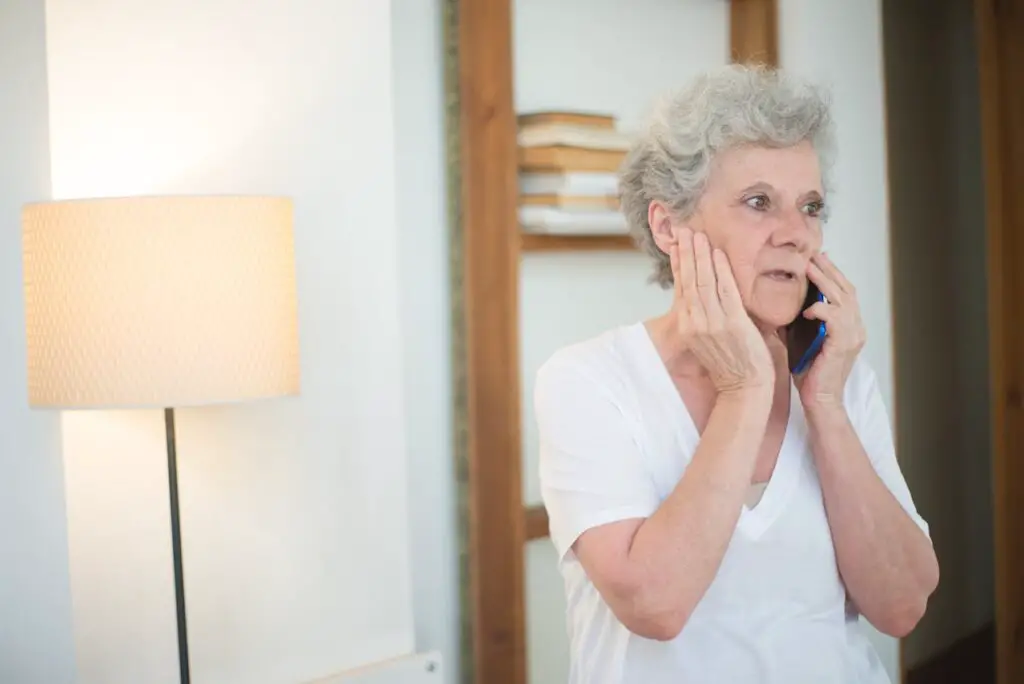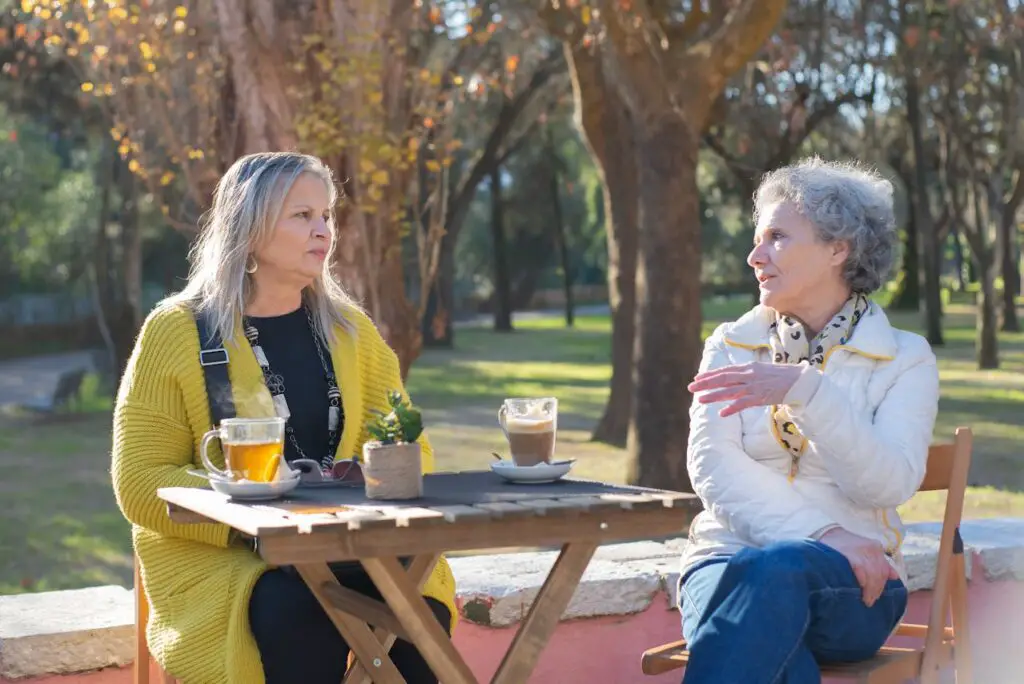10 “Polite” Habits Young People Swear By—That Drive Boomers Crazy

Politeness has always been a moving target. What was considered respectful in one generation often gets tossed aside by the next. If you are a Baby Boomer, you probably remember a time when calling someone on the phone, showing up unannounced, or writing a thank-you card by hand were seen as basic good manners. Fast forward to today, and many of those habits have been replaced with a new set of rules that younger generations proudly call “polite.”
The tricky part? These modern manners can feel downright rude to Boomers who grew up with a very different playbook. The good news is that none of this is about disrespect. It is more about how culture and technology have reshaped the way people show courtesy.
So let’s take a look at 10 “polite” habits Millennials and Gen Z consider thoughtful—while many Boomers cannot help but roll their eyes.
1. Text Before You Call

For today’s younger crowd, firing off a text before picking up the phone is considered considerate. It gives the other person a heads-up, allows them to prepare, and avoids the dreaded “phone anxiety.” To them, a call without warning can feel like an interruption.
Boomers, on the other hand, grew up in an era when the phone was the main way to connect. If you wanted to talk, you just called. No permission slip needed. To many Boomers, texting first feels unnecessary or even a little distant.
A happy middle ground? If you are a caller, send a quick note like, “Are you free to chat?” It balances old-school spontaneity with modern courtesy.
2. Skipping Titles and Going Straight to First Names

Younger generations often prefer informality, using first names even with bosses, teachers, or family friends. To them, titles like “Mr.” or “Mrs.” feel stiff and outdated, as if they put too much distance between people.
Boomers, however, were raised to believe that formality was a sign of respect. Dropping titles can feel jarring or even disrespectful, especially in professional settings.
The easiest fix is to ask what someone prefers. If it feels awkward, you can always start with a title and switch once invited to use a first name.
3. No More Surprise Drop-Bys

Boomers grew up in neighborhoods where dropping by a friend’s or neighbor’s house unannounced was not just normal, it was friendly. A knock on the door meant company, conversation, and maybe a pot of coffee.
For younger generations, that same knock can feel intrusive. With busy schedules and more emphasis on privacy, an unexpected visit is often seen as disruptive. These days, a quick call or text before showing up is considered basic courtesy.
So if you want to keep the tradition alive without stepping on toes, just give a little notice. Chances are, you will still be warmly welcomed.
4. A Thank-You Text Beats a Handwritten Note

For Boomers, nothing said gratitude quite like a handwritten thank-you card. It showed effort, thoughtfulness, and sincerity. Many still believe that a card is the gold standard for expressing thanks.
Younger people, however, think a heartfelt text or message is just as meaningful—and a lot faster. In their minds, it is not about stationery and stamps, but about authenticity and immediacy.
The middle ground? Save the handwritten notes for weddings, gifts, or big gestures. For smaller acts of kindness, a genuine text does the job.
5. Plans Are Flexible, Not Set in Stone

For Boomers, making plans was like signing a contract. If you said you would be there, you showed up—no excuses. Canceling at the last minute was seen as inconsiderate and flaky.
Younger generations see plans more like a fluid agreement. They believe it is okay to cancel or reschedule if life gets busy. In their eyes, flexibility is not rudeness, it is reality.
The key to keeping everyone happy? If plans change, communicate as soon as possible. A simple message like, “Something came up, can we reschedule?” shows respect for the other person’s time.
6. Juggling Multiple Conversations at Once

Millennials and Gen Z are experts at multitasking. They can carry on three text threads, a group chat, and a face-to-face conversation without missing a beat. To them, this is efficient, not disrespectful.
For Boomers, though, splitting attention feels rude. They were taught to put the phone down, look someone in the eye, and give full focus to the person in front of them. Anything less can feel dismissive.
The sweet spot? If you are with someone in person, pause the phone until the chat is over. It shows respect, even if you dive back into the group thread later.
7. Keep Personal Questions Off the Table

Asking about marriage, kids, or careers used to be standard small talk. Boomers asked these questions to show interest and connect with people.
Younger generations, however, often see these topics as too personal unless offered up willingly. To them, asking, “When are you having kids?” or “Why are you still single?” crosses a boundary.
The safer path is to keep things open-ended. A question like “How’s life treating you?” lets the other person decide how much to share.
8. Skip the Constant Apologies

Boomers were taught that saying “sorry” often was polite, even for the smallest inconvenience. It was a way of softening requests and showing humility.
Younger generations feel differently. To them, over-apologizing makes communication heavy and sometimes insincere. They prefer directness, which feels more confident and efficient.
Instead of saying, “Sorry to bother you, but…” simply ask, “Could you help me with this?” It is polite without being overly apologetic.
9. Compliments Are Not Always About Looks

Boomers often gave compliments about appearance, such as “You lost weight” or “You look tired, are you okay?” They saw these as friendly observations.
Today, younger people can find those same comments uncomfortable or even offensive. They prefer compliments that focus on mood, energy, or personality, such as, “You seem really happy today.”
The key here is awareness. Complimenting someone’s smile, kindness, or sense of humor often feels more genuine than focusing on physical appearance.
10. Hold the Advice Unless It Is Asked For

Boomers have always valued sharing wisdom. Offering advice, even when not asked, was seen as a way of caring and helping others avoid mistakes.
Younger generations often prefer to figure things out for themselves. To them, unsolicited advice can feel patronizing, even if it is well-intentioned.
The easiest way to bridge the gap is to ask first. A simple, “Would you like my advice?” shows respect and gives the other person the choice to accept it.
Final Thoughts

At the heart of these differences is not rudeness, but perspective. Boomers were raised in a world where formality, punctuality, and face-to-face interactions shaped the definition of manners. Younger generations, raised in a digital age, prize flexibility, privacy, and authenticity.
Neither side is wrong—they are simply speaking different languages of politeness. The trick is to find common ground. A quick text before a call, a balance between handwritten notes and digital messages, or asking before offering advice can make interactions smoother across generations.
If you are a Baby Boomer, adjusting to these new rules does not mean giving up your values. It means adding new tools to your toolbox. And who knows? The younger generations might just learn something from you too. After all, good manners are not about the method—they are about showing respect, kindness, and connection, no matter the decade.
Leave a Reply